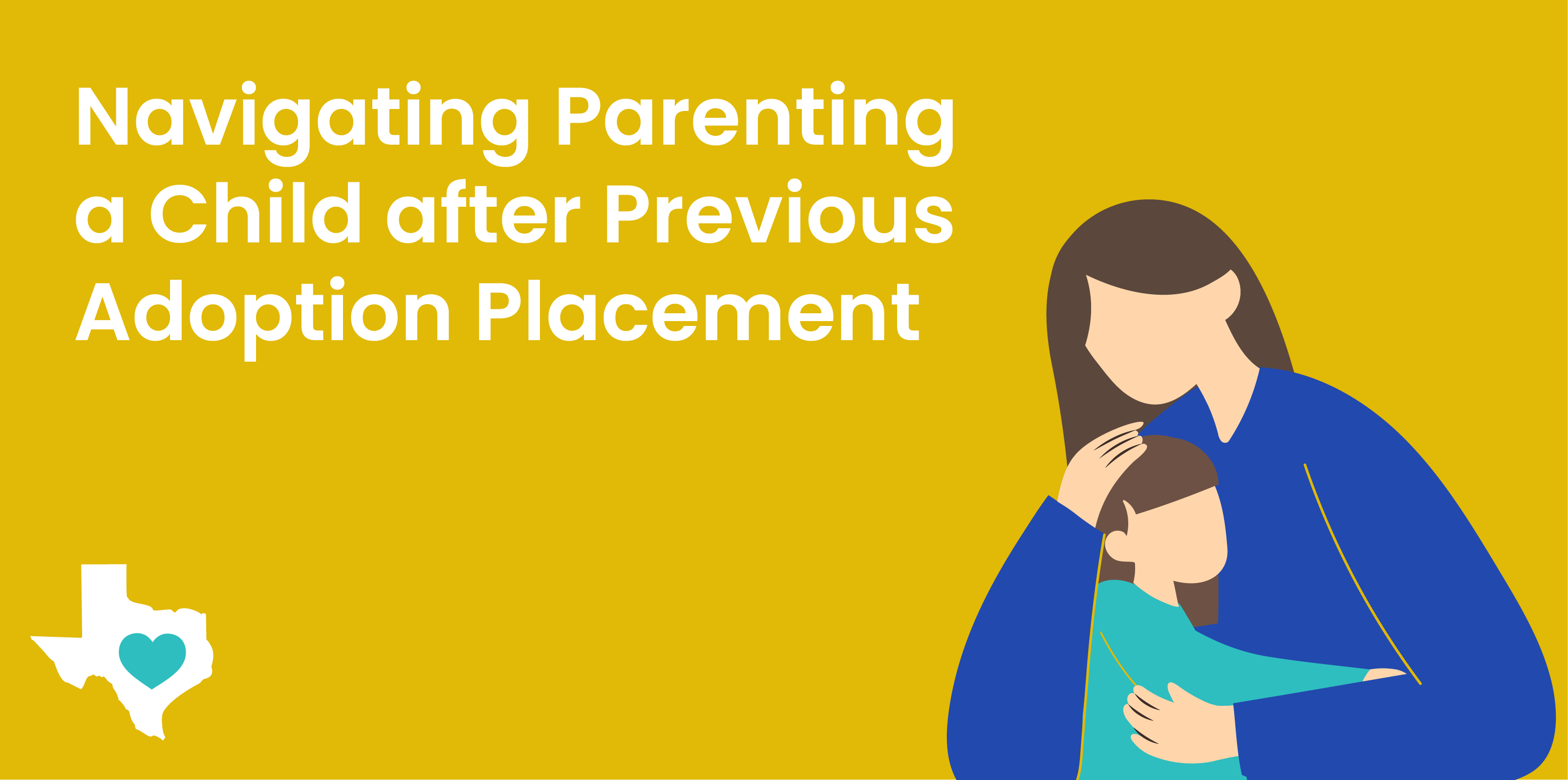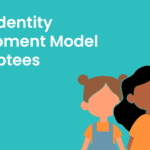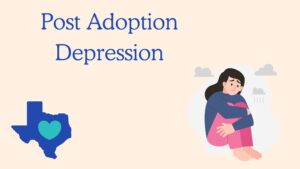
Parenting a child after a previous adoption placement comes with a unique set of challenges and rewards. It requires a delicate balance of understanding, patience, and self-reflection.
In this article, we’ll offer helpful insights for an adoptive parent on how to help your newest family member adjust and grow after their recent trauma.
Challenges of Parenting a Child After Adoption
First off and primarily, the emotional landscape of parenting a child after adoption can be complex. Both the child and the parent may grapple with feelings of loss, identity, and belonging. This is completely normal.
It’s essential to acknowledge and address these unresolved emotions openly. A relationship that prioritizes sharing feelings and concerns will help you and your child navigate other challenges.
Trust and Attachment
Building trust and a secure attachment with the child may require extra effort and time, especially if there have been disruptions in previous placements or even hurt from birth parents. Consistency, patience, and a nurturing environment are key to fostering a strong parent-child bond.
Understanding the Child’s Perspective
Each child’s experience of adoption and previous placements is unique. It’s crucial to listen actively and provide a safe space for them to express themselves without judgment. They may have concerns about their:
- Birth mother
- Birth father
- Foster care
- Previous adoptive parents
- And how post-placement works now
Rewards of Parenting a Child After Adoption
Whether you’re going through closed, semi-open, or open adoption, being a part of a child’s life in any manner is a wonderful experience. Birth mothers, fathers, and the adoption agency are trusting your family to raise a precious baby or child after a past adoption.
This level of responsibility comes with even more rewards.
Unconditional Love and Acceptance
Parenting a child after a previous adoption often involves experiencing and demonstrating profound levels of unconditional love and acceptance. Unlike biological parenthood, where there may be shared genetic traits, parenting an adopted child underscores the power of choice and commitment.
This bond is not defined by bloodline but by a conscious decision to embrace and nurture a child, regardless of their biological origins.
Personal Growth and Self-Discovery
Parenting a child after adoption is not just about nurturing the child; it’s also a journey of personal growth and self-discovery for the adoptive parents. The challenges and joys of raising an adopted child can lead to introspection and a deeper understanding of one’s values and beliefs.
Adoptive parents often find themselves learning valuable lessons as they navigate complex emotions, confront societal stigmas or misconceptions about adoption, and develop a deep appreciation for the birth mom. This journey of personal growth enriches their lives and contributes to their overall well-being and fulfillment.
Building a Strong, Loving Family
Every step taken to nurture and support an adopted child contributes to the creation of a strong, loving family unit. Adoption transcends traditional notions of family structure and highlights the importance of love, connection, and support in forming meaningful relationships.
As the child integrates into the family dynamics, they contribute their unique experiences, perspectives, and strengths, enriching the family’s collective identity. This sense of acceptance and love lays the foundation for a resilient and supportive family that celebrates diversity and embraces the journey of parenting with joy and gratitude.
Insights for Parents Navigating Adoption Challenges
Your child may be experiencing a lot of hurt and broken trust after their previous adoption. It’s your job and privilege to help them heal and navigate this situation while taking care of yourself.
Managing Past Emotional Issues
The adoption journey is often accompanied by a rollercoaster of emotions for adoptive parents. From excitement and anticipation to moments of doubt or anxiety, each step can trigger a range of feelings related to the adoption process. It’s important for parents to acknowledge and process these emotions.
- Validation and Support: Seek validation and support from professionals such as counselors or therapists who specialize in adoption-related issues. These professionals can provide a safe space for expressing emotions and concerns.
- Self-Care Practices: Prioritize self-care to maintain emotional well-being. Engage in activities that bring joy and relaxation, such as exercise, hobbies, meditation, or spending quality time with loved ones. Taking care of yourself allows you to be more resilient and present for your child.
Understanding the Child’s Grieving Process
Depending on the child’s age and previous experiences, they may be navigating their own grieving process related to adoption. It’s crucial for parents to:
- Create a Safe Environment: Foster open communication and create a safe environment where the child feels comfortable expressing their feelings. Validate their emotions and assure them that it’s okay to grieve and talk about their thoughts and memories.
Offering Yourself Forgiveness
Parenting, especially after a previous adoption, is a journey filled with learning experiences and growth. It’s important to practice self-compassion and forgiveness, recognizing that:
- Mistakes are Learning Opportunities: Understand that making mistakes is a natural part of parenting. Instead of dwelling on perceived shortcomings, focus on learning from experiences and making positive changes moving forward.
- Celebrate Progress: Acknowledge and celebrate your successes as a parent. Celebrate moments of connection, growth, and resilience within your family. Remember that your commitment to your child’s well-being and growth is what truly matters.
Reaching Out to the Previous Adoptive Family
In some cases, reaching out to the child’s previous adoptive family can provide valuable insights and foster a deeper understanding of the child’s background and experiences.
Consider the following:
- Assess the Benefits: Evaluate whether contacting the previous adoptive family would be beneficial for the child’s emotional well-being and identity formation. Consider factors such as the child’s age, level of curiosity about their past, and potential impact on their sense of belonging.
- Open and Honest Communication: If you decide to reach out, prioritize open and honest communication. Approach the conversation with sensitivity, respect, and a genuine desire to understand the child’s history from multiple perspectives.
- Professional Guidance: Seek guidance from adoption professionals or counselors experienced in facilitating communication between adoptive families. They can offer support, mediate discussions, and ensure the process is positive and beneficial for everyone involved.
Reach out to the professionals at Texas Adoption Center to learn more about adoption and gain valuable resources.
Contact us today to start the most rewarding journey of your life.






